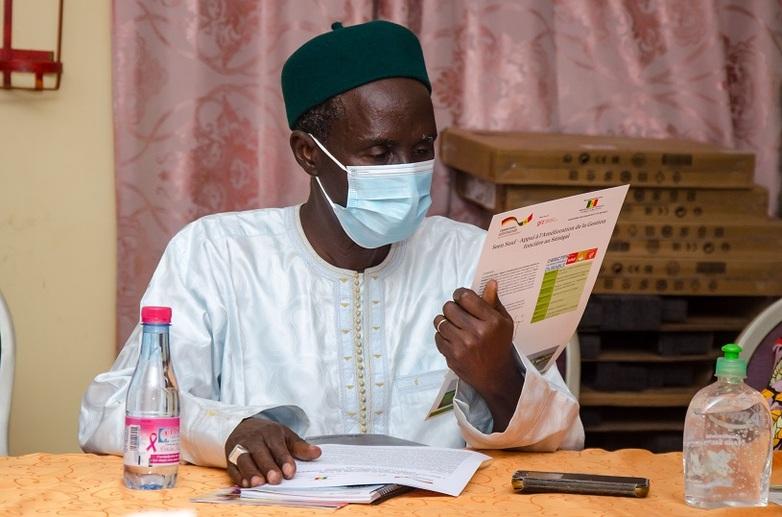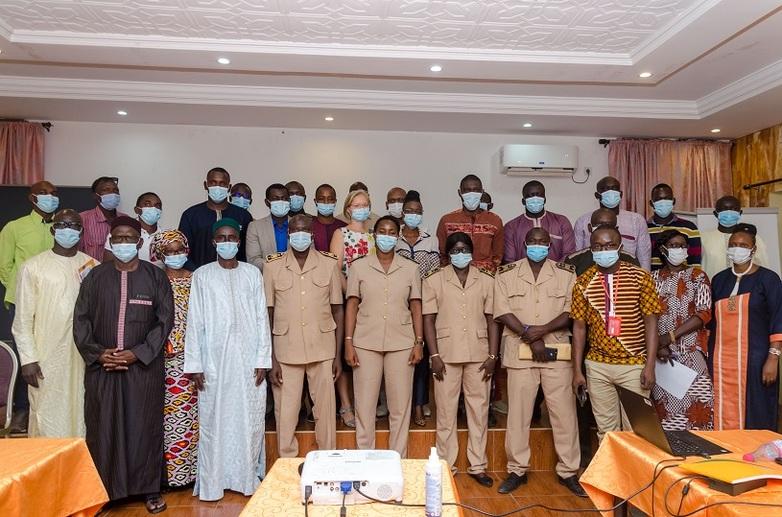Context
In rural Senegal, only a small part of the population has documented property titles; mostof them only have use rights granted by local or traditional authorities. As a result, land transactions tend to be informal. Thus, administrative boundaries generally remain undefined, and most land areas have no fixed land use. This leads to conflicts between land users, discourages investment and prevents employment creation.
The project aligns with the conventions of the Pact with Africa. It aims to empower relevant land management actors, civil society and the private sector to ensure land tenure security. It also provides advisory services at national level, and to regional authorities, municipalities, the private sector and the education sector. Multi-stakeholder dialogue aims to optimise the legal and regulatory framework.
Objective
Land tenure security is improving for various socio-economic groups in Senegal, leading to poverty reduction and the creation of employment.

